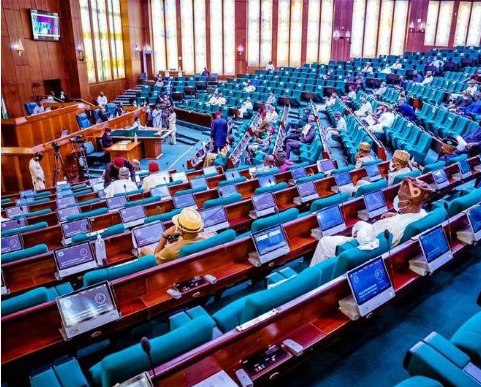The House of Representatives on Wednesday resolved to put in place modalities for the payment of living wages to Nigerian workers.
The resolution of the lawmakers followed the adoption of a motion during a plenary session, moved by Minority Leader of the House, Kingsley Chinda, and 39 others.
Leading the debate on the motion titled “Need to provide living wage for workers in Nigeria,” Deputy Minority Leader of the House, Aliyu Madaki, said the rising rate of inflation in the country had made it difficult for the average Nigerian to afford basic needs including food, water, housing, education, healthcare, transportation, clothing, among others.
According to him, the rising inflationary rate in the country has also had a negative effect on the cost of living, with the cost of food, accommodation, education, and transportation skyrocketing.
Relying on Article 23 of the United Nations Universal Declaration of Human Rights which provides that “Every individual who works has the right to just and favourable remuneration to ensure such a person and his or her family exist in dignity”, Madaki argued that a new and improved wage for the Nigerian worker has become necessary.
The lawmaker also argued that Nigeria, being a member of the United Nations and a subscriber to the Sustainable Development Goals number 17 which requires the payment of a living wage, should brace up and do the needful for her workers.
Following the removal of fuel subsidy by the Federal Government in May 2023 and the provisions of palliatives to cushion the effect, the rise in transportation cost and food prices has led to calls for a new wage by the organised labour and other concerned Nigerians.
Following the adoption of the motion, Deputy Speaker of the House, Benjamin Kalu, who presided over plenary session in the absence of the Speaker, Abbas Tajudeen, set up an ad-hoc committee to look into modalities for the payment of living wages to Nigerian workers at rates that match economic realities.
Minimum Wage: Reps Will Ensure Workers Ge Survival Package




